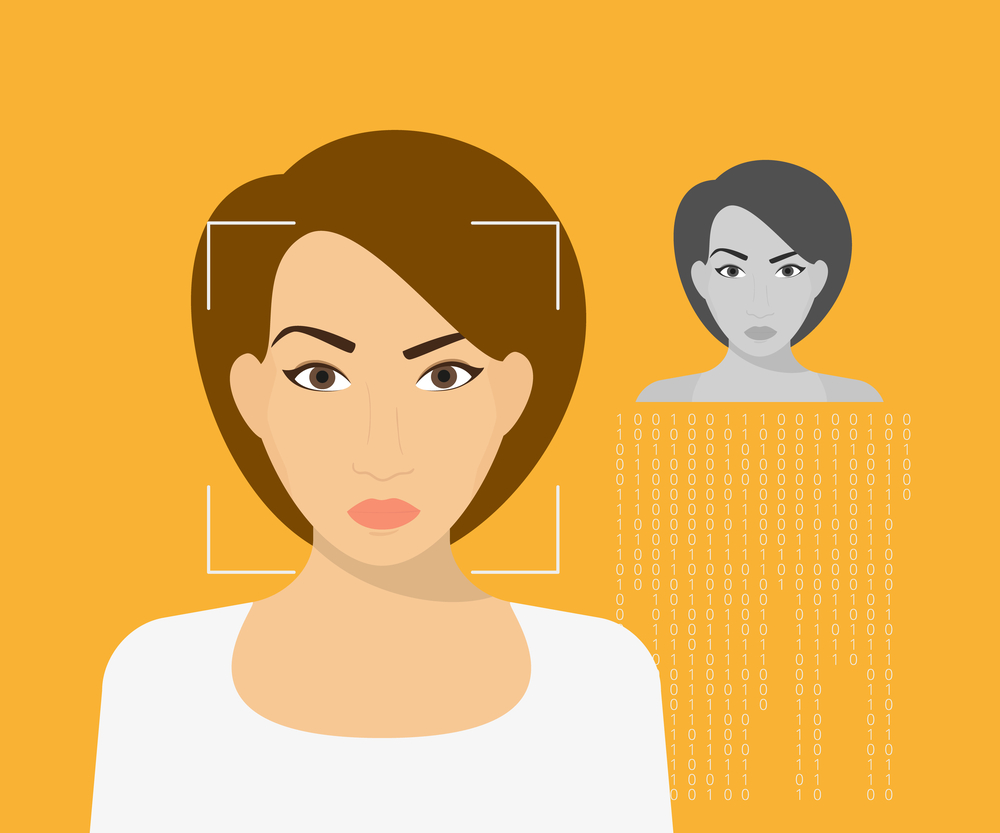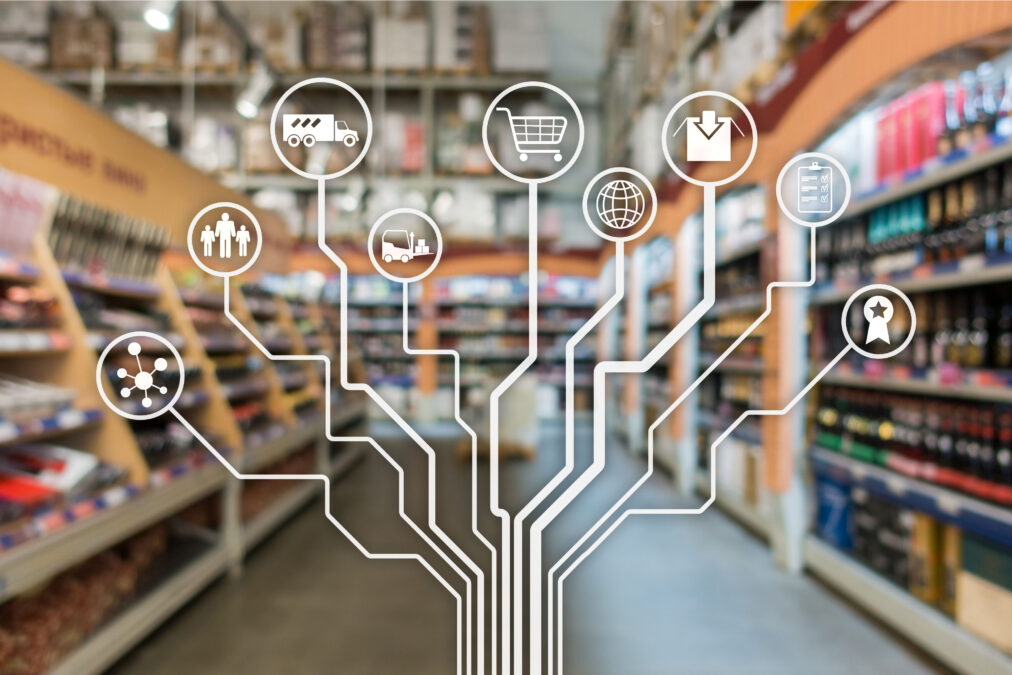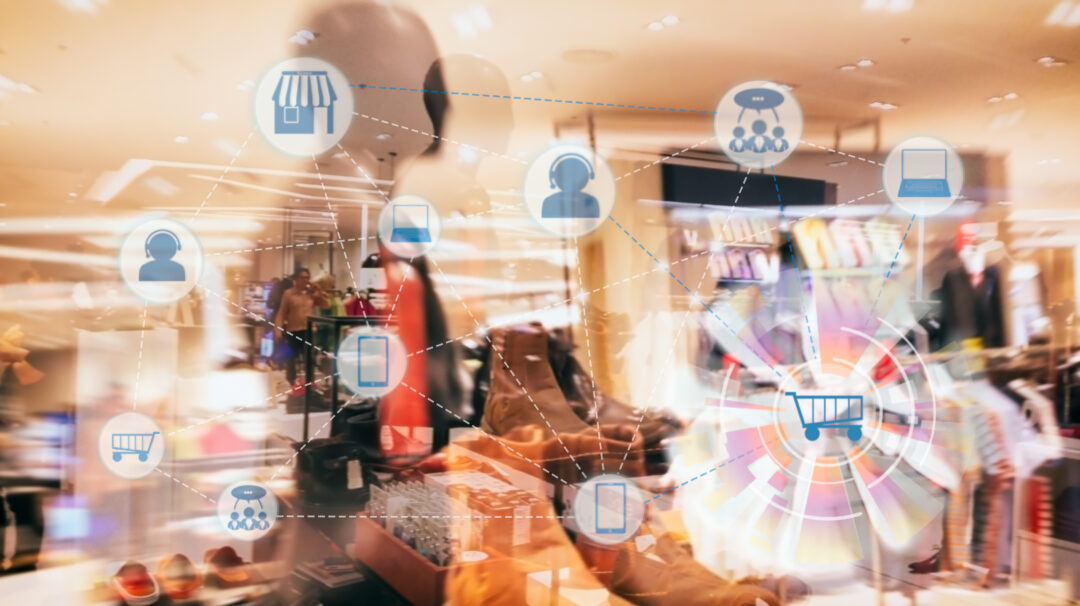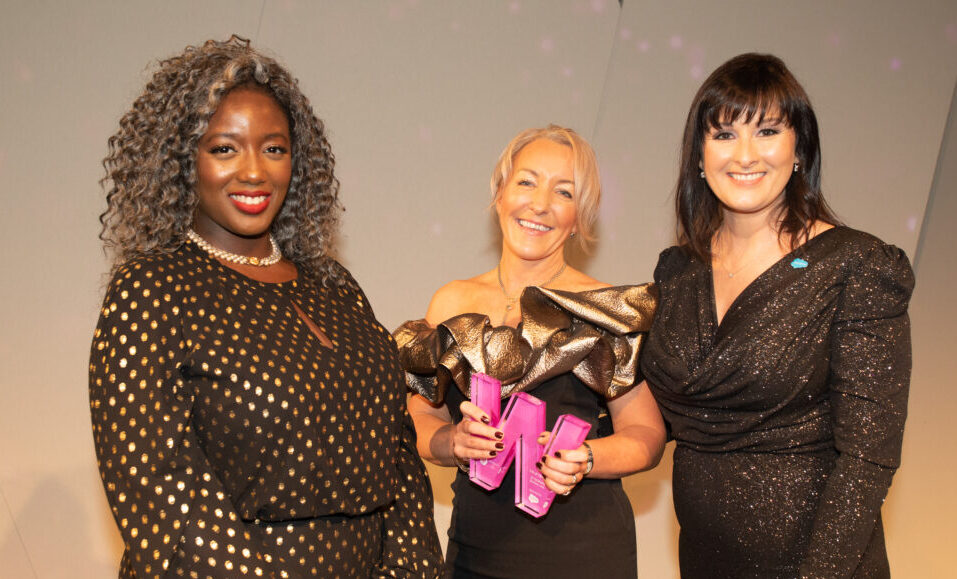Almost three quarters (72%) of UK consumers find personalisation of product recommendations based on purchasing habits a “cool” capability when shopping.
British shoppers also welcome location-based personalisation in store, with over six in ten (63%) welcoming a mobile personalised map showing item locations and efficient store paths to help them navigate stores more conveniently.
Furthermore, 43% find in-store location deals – where their location is tracked in order to trigger personalised promotions whilst shopping – cool.
However, seven in ten UK shoppers would find facial recognition technology that identifies age and gender in order to display product recommendations “creepy”, while 76% felt the same about being greeted by their names when walking into a store because of their mobile phones signaling their entrance.
Broken down into national regions, the statistics show that consumers in Yorkshire and The Humber are the most creeped out by personalisation, with a “creepy score” of 30%.
However, London is nearly even-keeled when it comes to in-store technologies, with a creepy score of just 2%.
Furthermore, the survey revealed that men are 5% more likely than women to shop at a retail store that offers a digitally personalised experience.
>See also: Privacy vs personalisation – building trust in a digital world
The study also shows an age disparity when it comes to getting personal in store. While half of under-30s find personalised product recommendations in the dressing room cool, only a quarter of over-45s would welcome this capability.
Furthermore, 56% of over-60s find it creepy to have their location in store trigger personalised promotions, but two-thirds (63%) of under-29s find this capability cool.
“While it’s always been a well-known fact that UK consumers are keen protectors of their privacy and personal space, we now have a clearer view into where they are increasingly embracing – and even expecting – tailored shopping services in the fast-changing world of retail,” said Diane Kegley, CMO of RichRelevance, which released the study.
“Personalisation in the form of facial recognition or personal greeting at store entrance may not be welcome, but we’re seeing a trend of younger consumers who are open to a connected shopping experience – receiving recommendations delivered within their personal space like dressing rooms and smartphones, and allowing in-store tracking if it means getting a better deal.”










